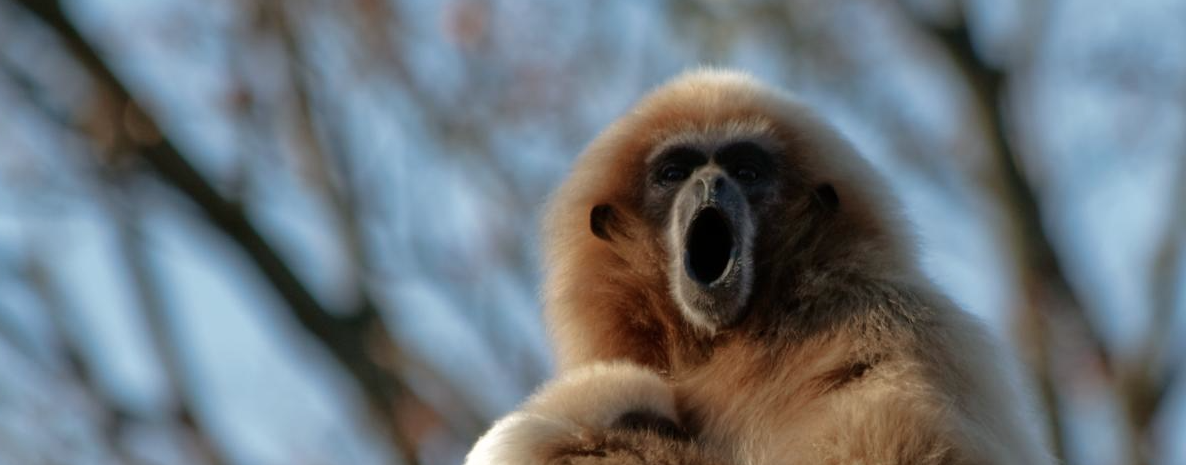BBC Earth
Image: onkel_wart (thomas lieser)
Chimpanzee lead guitarists are thin on the ground. The stage at London’s Royal Albert Hall sees few lemur violin virtuosos. Conventional wisdom has it that music is a relatively modern human invention, and one that, while fun and rewarding, is a luxury rather than a basic necessity of life.
This appears to be borne out by the archaeological evidence. While the first hand axes and spears date back about 1.7 million years and 500,000 years respectively, the earliest known musical instruments are just 40,000 years old.
But dig a little deeper and the story becomes more interesting. While musical instruments appear to be a relatively recent innovation, music itself is almost certainly significantly older. Research suggests it may have allowed our distant ancestors to communicate before the invention of language, been linked to the establishment of monogamy and helped provide the social glue needed for the emergence of the first large early and pre-human societies. There is also emerging evidence that music might have even deeper origins: some monkeys can distinguish between sound patterns in ways similar to how humans can recognise slight differences between melodies. Read more on the BBC Earth site…








